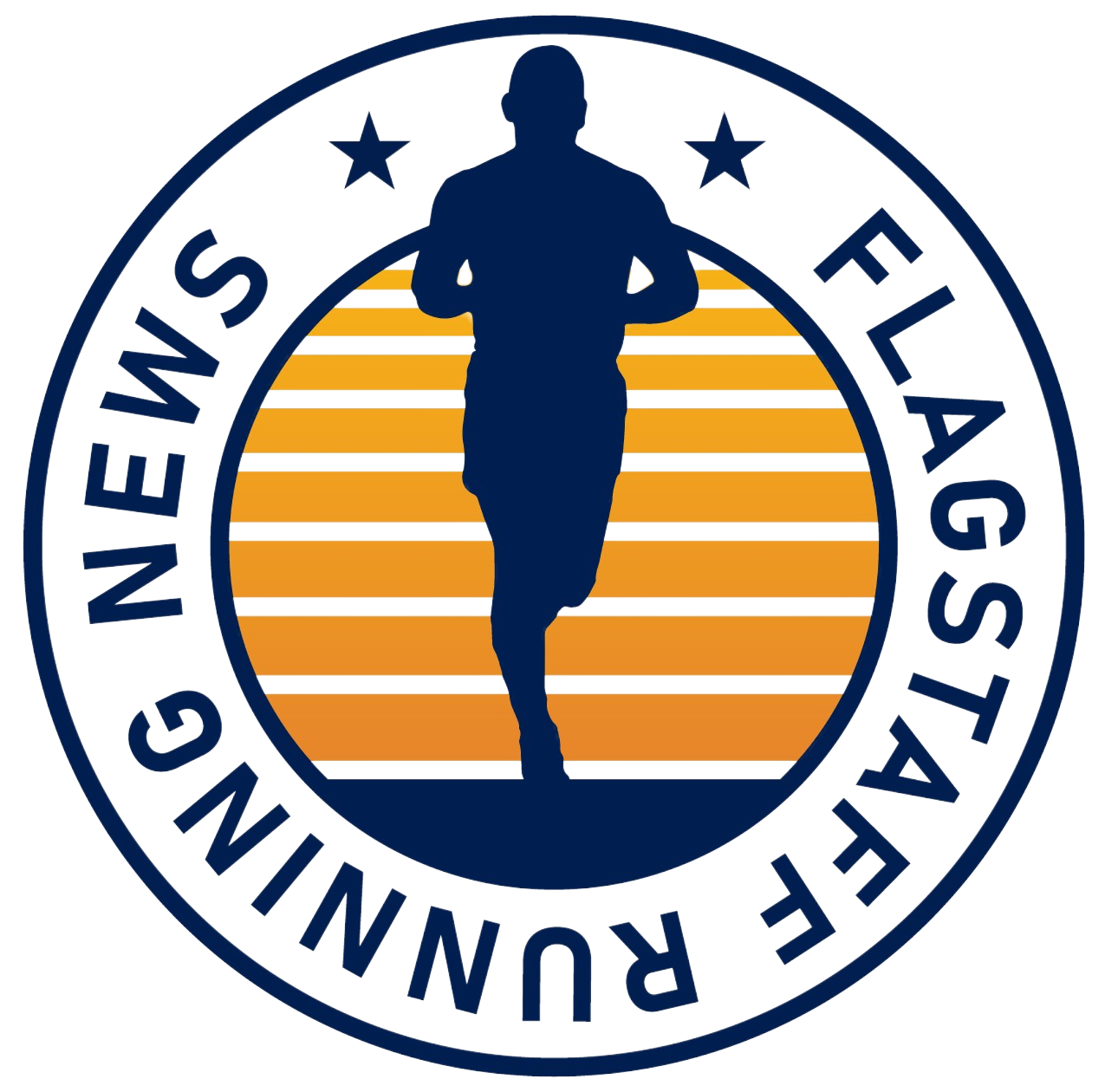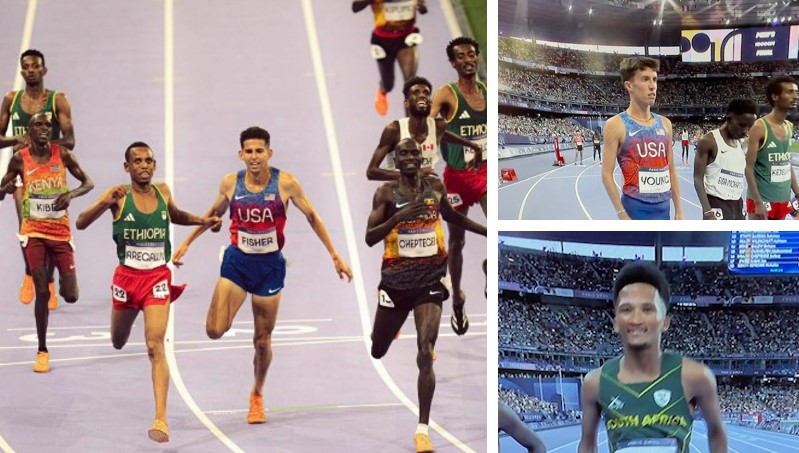A blazing men’s 10,000 meters on Friday saw 13 runners eclipse the existing Olympic record — including NAZ Elite’s Adriaan Wildschutt and former NAU star Nico Young — but once the sprinting started at the bell lap, no one was as swift as Uganda’s Joshua Cheptegi, who pulled away for the victory in 26:43.14.
American Grant Fisher, who ran a consistent race and never relented, used his speed to win the bronze medal, nipped by Ethiopia’s Berihu Aregawi for silver. Aregawi ran 26:43.44; Fisher 26:43.46.
Wildschutt, who represents South Africa, vacillated between eighth and fifth throughout, at one point pulling ahead of Fisher. With a little over a mile to go, Wildschutt found himself in fifth, Young moving up to eighth. But Wildschutt clipped heels with Uganda’s Jacob Kiplimo and had to move to thre outside. He lost a few places in the exchange.
Once the pace picked up, Wildschutt tried to kick with the leaders but fell off pace. His time of 26:50.64 was not only a personal best but broke his own national record.
In a post-race interview with South African broadcasters, Wildschutt said he enjoyed every aspect of the race, even if coming up short of a medal.
“This is the most amazing thing, and I’m not even slightly exaggerating,” he told reporters. “This was the most amazing thing I’ve ever experienced. … After the race, I knew I did pretty well with what I was thinking of (time-wise), getting another national record. I was just standing there looking around and soaking in the energy.”
Meanwhile, Young, coached by NAU’s Mike Smith, was running only his third 10,000 meters ever and made a great showing. He clung to the back of the lead pack throughout, made a few surges to get in the middle of the pack but was left behind at the bell lap. His 12th place finish in 26:58.11 was off his personal best of 26:52.72 set in March, but this was Young’s first international competition in any event, and he showed he belonged.
Kincaid, also coached by NAU’s Smith, fell off the pace after the second mile. Because he wasn’t able to keep pace with the brisk early pace, Kincaid’s finishing kick was neutralized. He finished 16th in 27:29.40.
In the morning session, all three American 1,500-meter runners advanced out of the first round and into the semifinals slated for Sunday.
Surprisingly, the one who had the easiest time was the runner with the least experience — Hobbs Kessler, who trains in Flagstaff. Kessler had the advantage of watching U.S. teammates Yared Nuguse and Cole Hocker struggle to qualify in the top six of their heats, so he took note not to get boxed in in the morning’s third and final heat.
Kessler went to the front early to avoid any pack congestion and made sure to stay near the front to qualify. He finished second in his heat in 3:36.87. That heat was won by Stefan Nillessen in 3:36.77 with favorite Jacob Ingebrigtsen basically cruising to third in 3:37.04. Dark Sky Distance’s Neil Gourley finished fifth in the same heat to advance to the semifinals.
Speaking with reporters afterward, Kessler said he learned from watching Hocker have to work his way out of a jam in the second heat.
“I saw that, I look around, everyone was a stud, don’t want to be 10 meters behind, 12, 13, really good guys and have to close that,” he said. “Tried to stay up front, not get tripped up, have a nice clean line.”
Kessler also revealed that he contracted Covid after the U.S. Olympic Trials in Eugene, Ore., and took some time off in Flagstaff before resuming training. It didn’t affect his training schedule, Kessler added, because he had planned to take a down week after the Trials and not race before the Olympics.
There were no major upsets in the 1,500 first round, though Australian Ollie Hoare failed to qualify and must attempt to move onto the semifinals by racing the repechage round on Saturday.


Leave a Reply